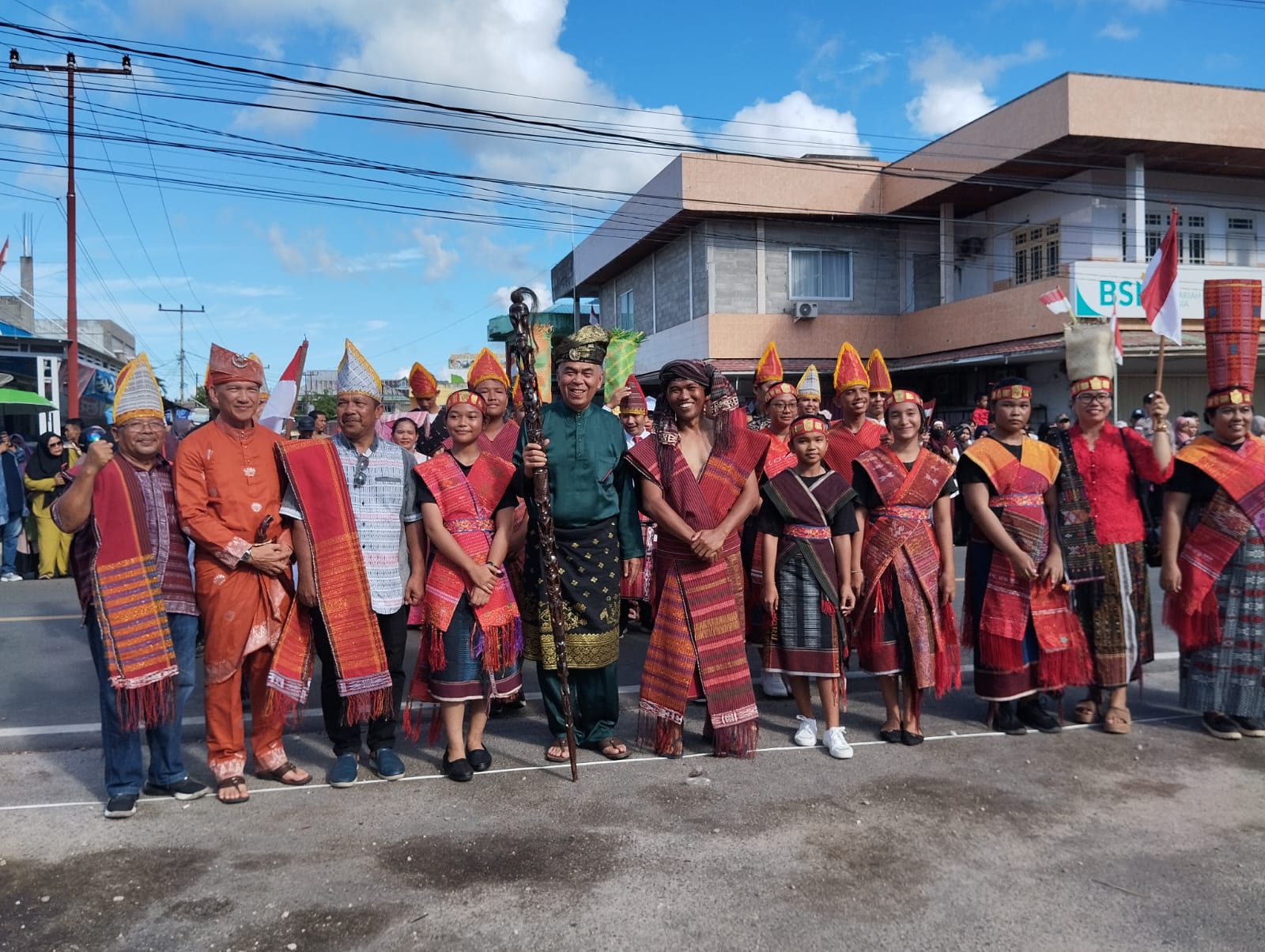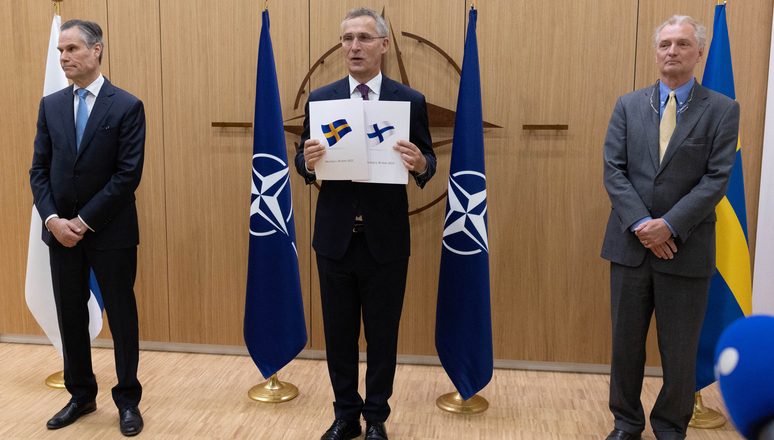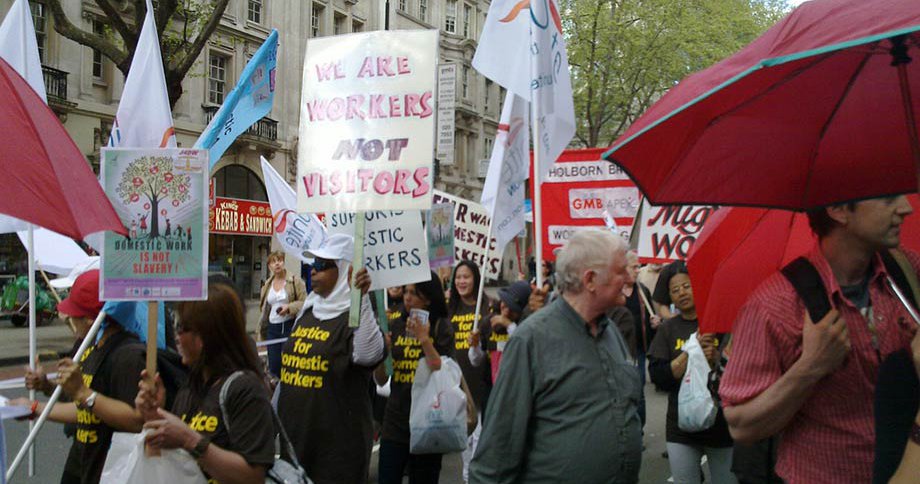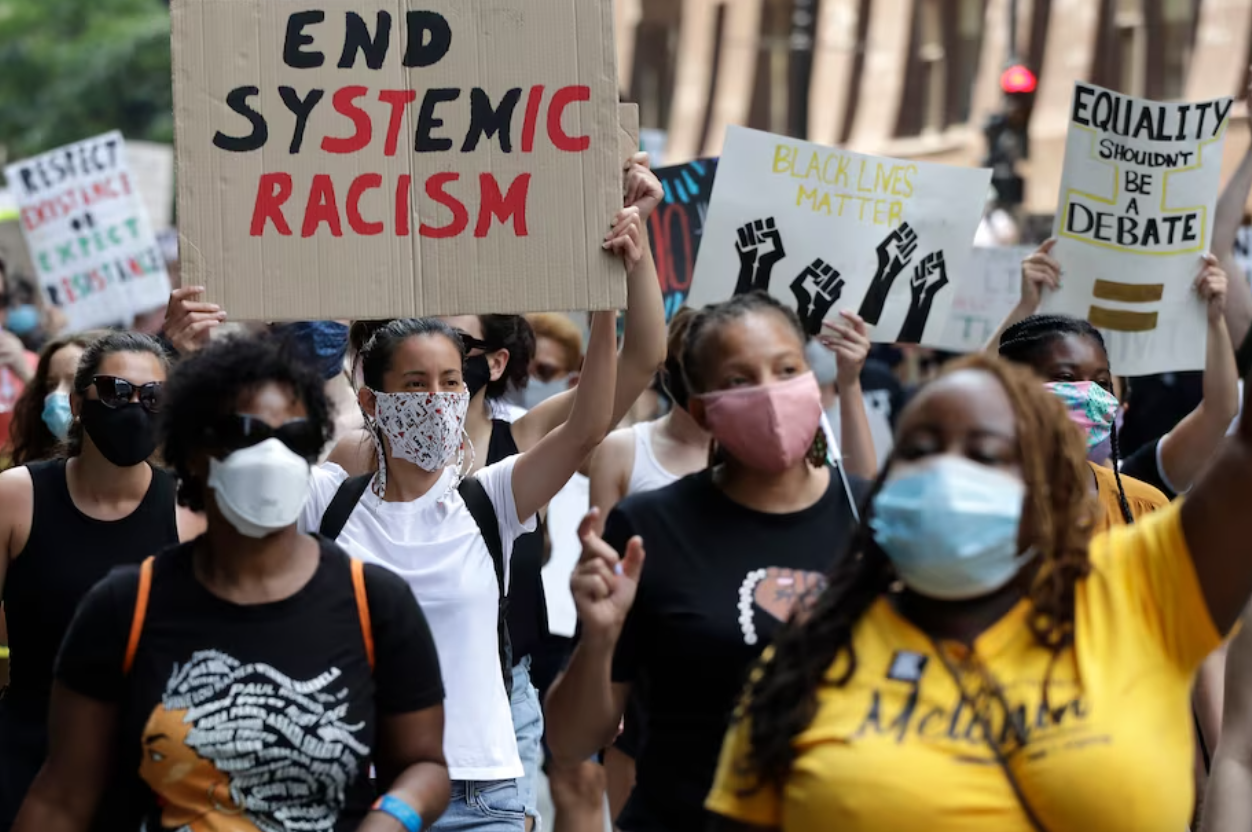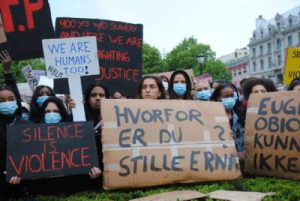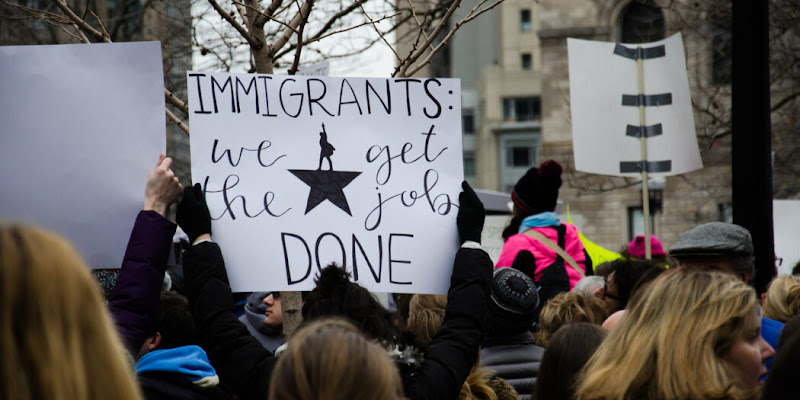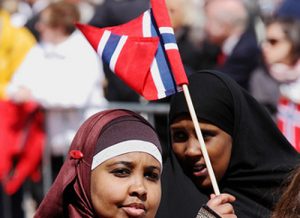This essay is a collaboration between the Department of INKA Komahi UGM and Forskning Scanity UGM. This essay is also published on the Inka KOMAHI Medium.
The Sami people are indigenous people who inhabit Lapland, the northern regions of Norway, Sweden, Finland, and the Kola Peninsula of Russia. The tribe is the only Indigenous people recognized in Europe and lives semi-nomadically around the Arctic Circle (Lowry, 2024). The Sami people do not have a sovereign geographical territory and live in the territory of several Scandinavian countries, with a large population in Sweden. They are also part of industrial, agricultural, and fishery activities and even participate in governmental activities (Sutherland, 2016). Therefore, the Sami people rely on nature, especially forests, to live. However, the Sami people are one of the most vulnerable tribes today. They face various ecosystem problems due to mining and logging projects. These activities have disrupted their way of survival and cultural heritage. Until today, the Sami people are vulnerable indigenous people and still face the aggressive activities of the government and private companies who are very hegemonic.

